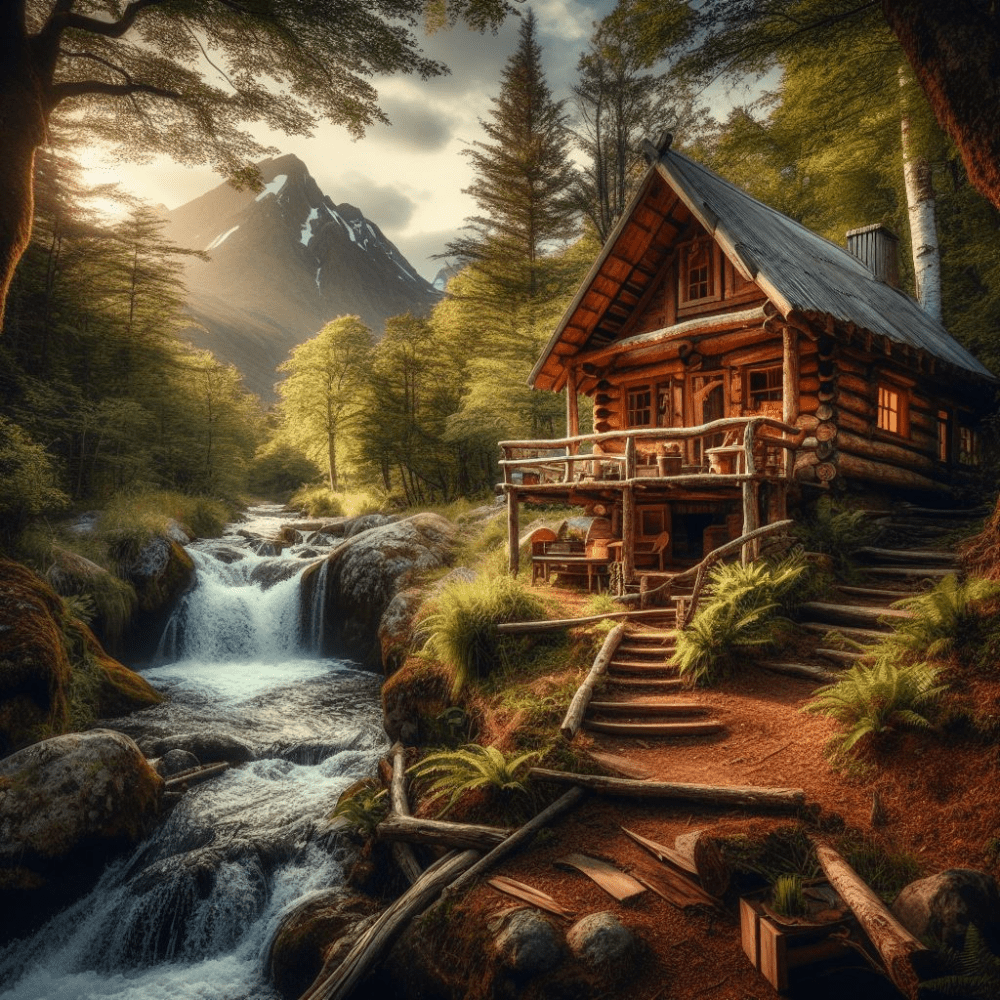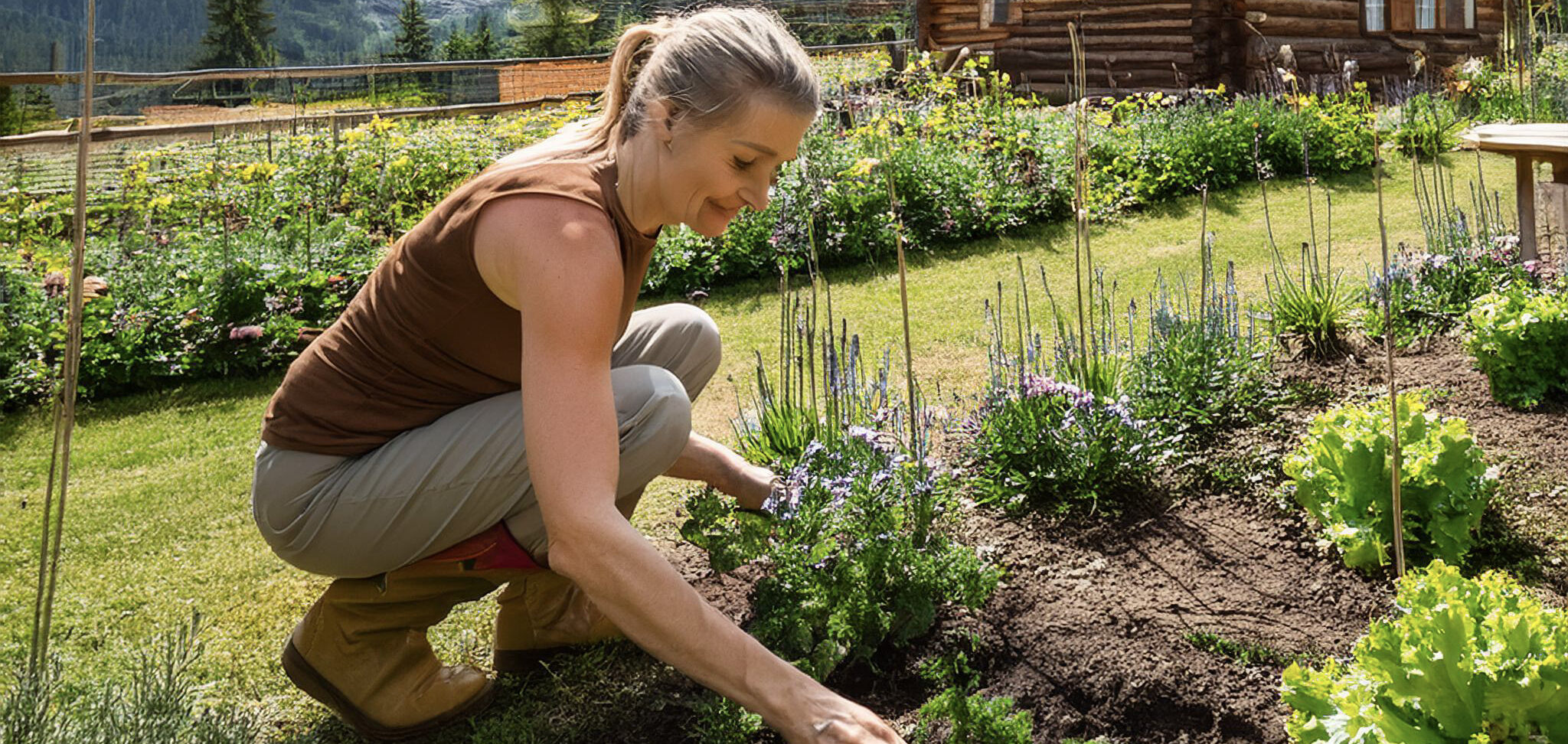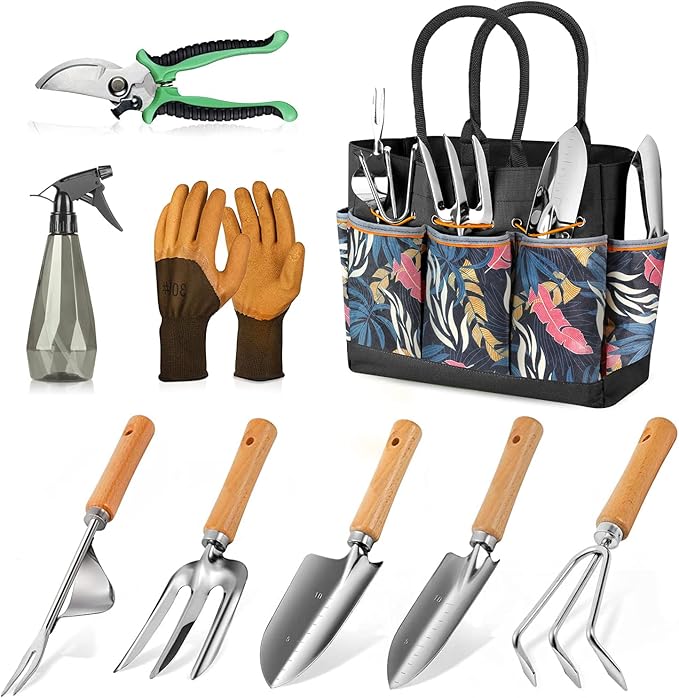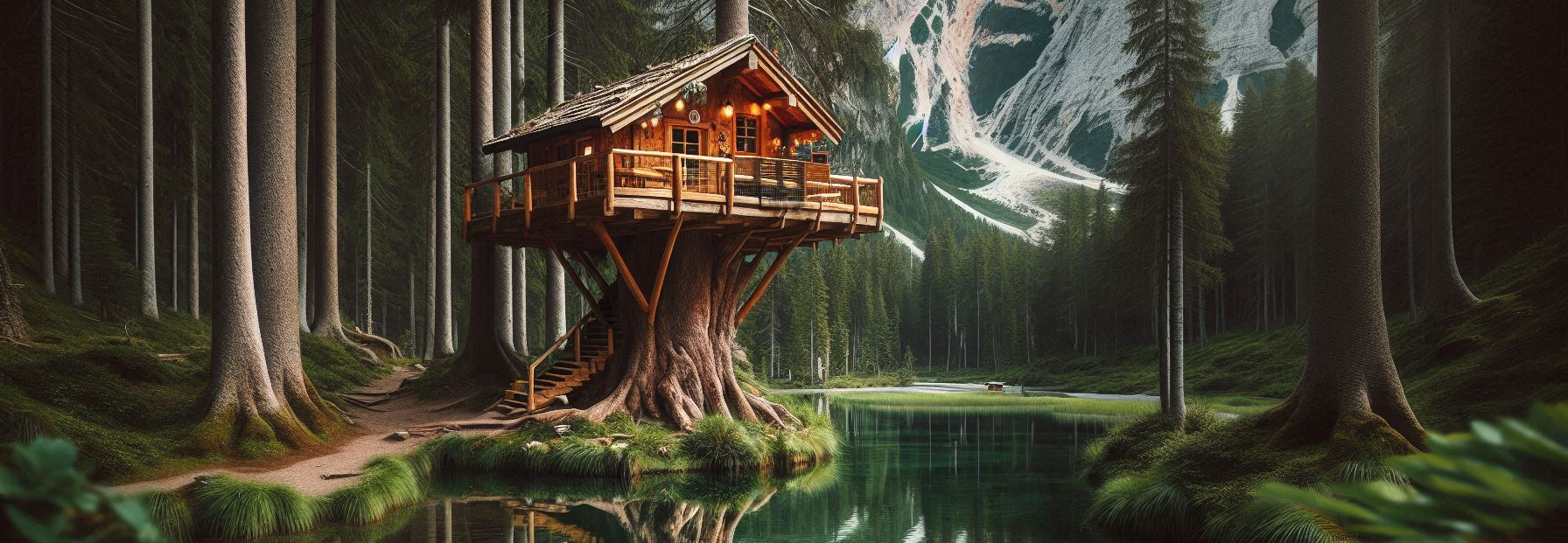I’m going to paint a picture of what it means to step into the world of off-grid gardening. You’re going to find out about a way of life that marries the pleasure of tending your own plot of land with the principles of self-reliance and environmental mindfulness. At its core, off-grid gardening is about disconnecting from the mainstream food supply and utilities, creating a space that thrives independently.
This isn’t just about growing your own food; it’s also about fostering a deeper connection with nature. It’s about understanding the rhythms of the earth and aligning your gardening practices with them. And with the rising interest in sustainability, more people are looking to reduce their carbon footprint and take control of their food sources.
If you want to reap the wholesome rewards of cultivating your garden away from the trappings of city infrastructure, you’re in the entity and certainly not alone. I’m here to help you understand the key advantages, such as improved health from eating fresh, organic produce, and the joy of learning and applying age-old agricultural wisdom in a modern reclast.
Don’t worry too much about the scale or scope of your garden right now. Whether you have acres of land or just a modest backyard, you can always adjust your approach down the road. Choose something that resonates with you, and remember, your first attempt doesn’t need to be your last. Just don’t focus too much on perfection.
I’ve been loving the stories of individuals from all corners of the globe who have embarked on this journey. From desert oases to lush mountain enclaves, each off-grid garden offers a unique narrative that continues to inspire the movement towards a more autonomous and eco-friendly way of life.
Planning Your Off-Grid Garden: Getting Started
If you’re considering an off-grid garden, it’s crucial to take a look at the land and climate you’re working with. Not all plants will flourish in every environment, so you’ll want to choose ones that are well-suited to your particular locale. Think about it – there’s no point in trying to grow a tropical fruit in a cold, mountainous region.
Next on the agenda is water – arguably the most critical element for your garden. You can’t just rely on domestic water sources if you’re off the grid. You’ll need to think about harvesting rainwater or tapping into natural water sources like nearby streams – always doing so sustainably, of course.
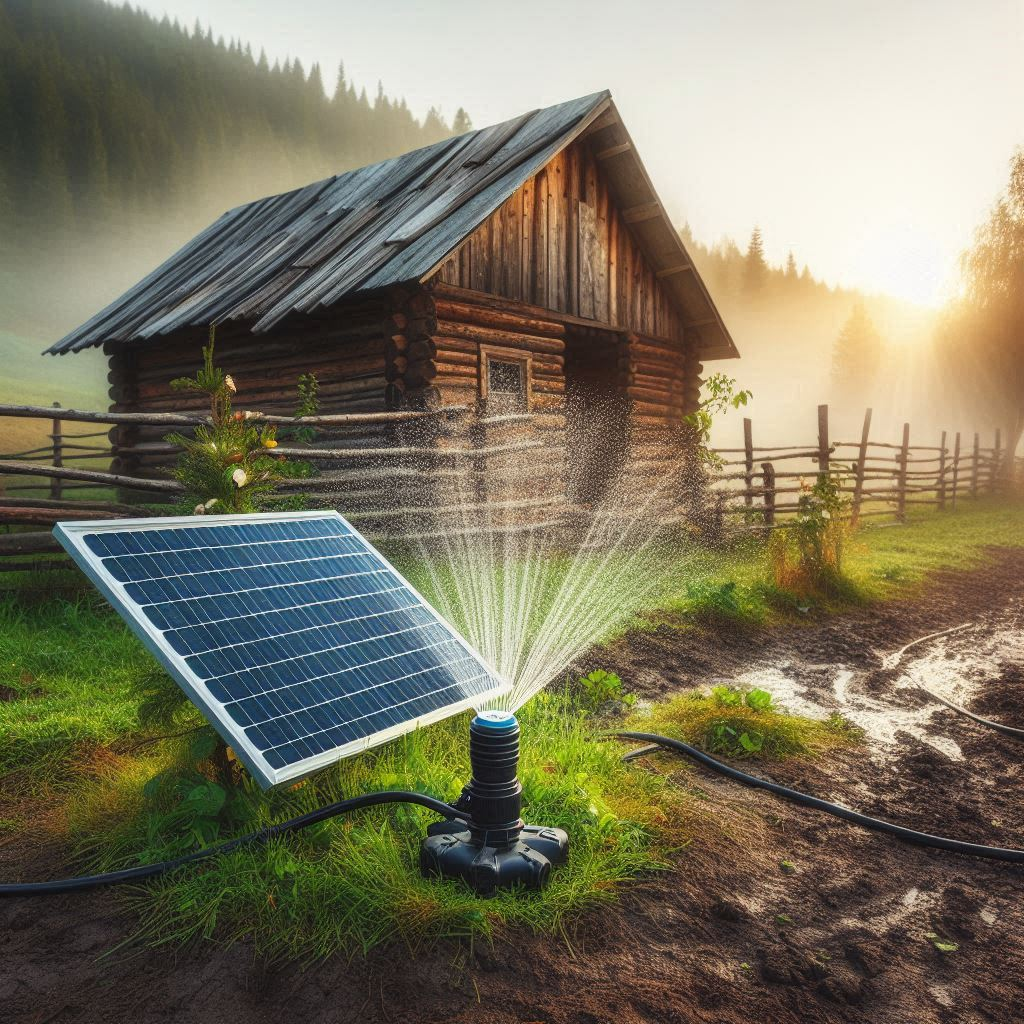
And let’s not forget about energy. Just because you’re off the grid doesn’t mean you can’t use modern conveniences – you’ll just be powering them differently. Solar panels can energize your water pumps, while wind turbines could help with other tasks. It’s all about being smart with your resources.
Now, armed with knowledge about your environment, suitable crops, and water and energy sources, it’s time to sketch out your garden’s design. A good layout isn’t just about aesthetics; it’s practical. You’ll be taking crop rotation into consideration to keep your soil nutritious year after year.
The Essentials of Off-Grid Gardening
I’m going to dive straight into a crucial aspect of an off-grid garden: soil health. Your soil is the foundation of your garden, and nurturing it naturally is key. Opt for composting and vermiculture to enrich your soil without chemical fertilizers. Crop rotation and cover cropping also play vital roles in preventing soil depletion and maintaining fertility.
You’re going to find out about another significant factor – integrated pest management (IPM). This strategic approach minimizes the reliance on conventional pesticides, combining physical, biological, and sometimes, low-toxicity chemical methods to control pests. Introducing beneficial insects, using traps, and planting pest-repellent companion plants are all part of this sustainable puzzle.
When it comes to harvesting, your goal is to sustain productivity while minimizing waste. Choose appropriate times for harvesting to ensure peak nutritional value and flavor. Storing your bounty is another consideration. Learn methods like canning, drying, or even constructing a root cellar to keep your harvest edible for as long as possible.
Finally, your off-grid garden isn’t just for sustenance; it should foster a community spirit. Engage with local gardening groups, share your harvest, and exchange seeds. This is not just about growing food—it’s about nurturing relationships and knowledge for a resilient living model.
Overcoming Challenges and Embracing Growth
I’m going to be upfront with you: off-grid gardening isn’t without its challenges. But every problem also presents an opportunity to grow, both literally and figuratively. You’re going to find out that tackling issues head-on could lead to even more robust and resilient gardening practices.
From unpredictable weather to pest invasions, the hurdles you might face can seem daunting at first. Don’t worry too much about them. Instead, focus on the innovative techniques that gardeners like you are using to overcome these issues. Think along the lines of creating microclimates, employing companion planting, and using biological pest controls. These are strategies that not only solve problems but also enhance the health of your garden.
The company below truly has it all when it comes to your garden needs and supplies. Take a look by clicking on the banner below:
Your first attempt at off-grid gardening doesn’t need to be perfect. Remember, it’s all about continuous learning and adapting your approach. The experiences you’ll gain from each challenge are invaluable. They’ll arm you with the knowledge and skills to tweak your strategies season after season.
Looking ahead, there’s a lot of opportunity in leveraging technology to support off-grid gardening. While sticking to the basics is key, don’t shy away from using solar-powered tools, drip irrigation systems, or even mobile apps that help track plant health and growth patterns. These innovations can simplify tasks and improve efficiency.
In my opinion, the final piece of the puzzle is sharing insights and engaging with a community of like-minded individuals. Whether that’s a local gardening club or an online forum, exchanging experiences can lead to breakthroughs and, more importantly, it can keep you inspired.
I really hope that you feel ready to tackle your off-grid gardening project with enthusiasm and resilience. Embrace the learning curve and watch as your garden flourishes into a testament of sustainability and hard work. And remember, I’m here to help you navigate these challenges, with advice and encouragement every step of the way.
As an Amazon Associate I earn from qualifying purchases.
